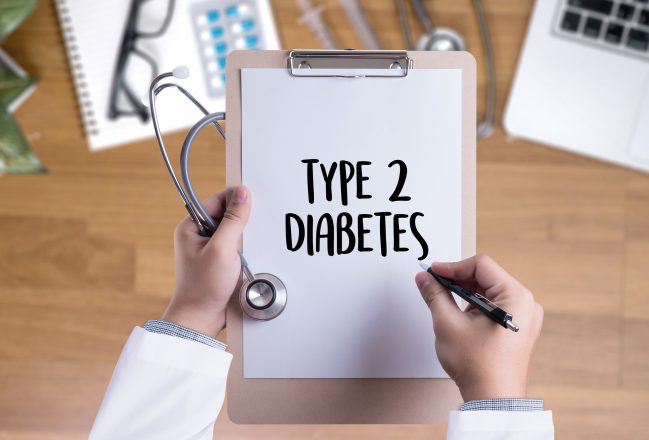Advertisment
Heart failure treatment appears to reduce atrial fibrillation in Type 2 diabetes

Article written by Bruce Sylvester
A new meta-analysis of clinical trial data suggests that sodium-glucose cotransporter 2 inhibitors (SGLT2), used to treat heart failure, also reduce the risk of atrial fibrillation/atrial flutter (AF/AFL) among Type 2 diabetes patients.
The findings were published on Sept. 3, 2020 in Cardiovascular Diabetology.
Wen-jie Li, M.D., of Guangzhou Medical University, Guangzhou, Guangdong, China, and his colleagues searched major online databases for trials that included endpoints for atrial fibrillation/atrial flutter in the use of SGLT2 inhibitors among subjects with type 2 diabetes.
They identified 16 eligible trials enrolling 38,335 subjects.
They found that, when compared to placebo, subjects treated with SGLT2 inhibitors achieved significantly reduced AF/AFL (p = 0.001) and all-cause mortality (p = 0.03).
AF/AFL reductions were not modified by age, body weight, glycated hemoglobin (HbA1c), or systolic blood pressure (SBP) at baseline (all p-interactions > 0.3).
SGLT2 inhibitors also significantly reduced heart failure events (p< 0.00001), HbA1c (p < 0.00001), body weight (p < 0.00001), SBP (p < 0.00001), and diastolic blood pressure (p < 0.0001).
Cerebrovascular events and myocardial infarction did not increase in patients taking SGLT2.
“Overall, the pleiotropic effects of SGLT2 inhibitors have a great benefit of reducing AF/AFL and all-cause mortality events in a broad type 2 diabetes population, regardless of baseline characteristics including age, HbA1c, systolic blood pressure and body weight,” the authors concluded.





